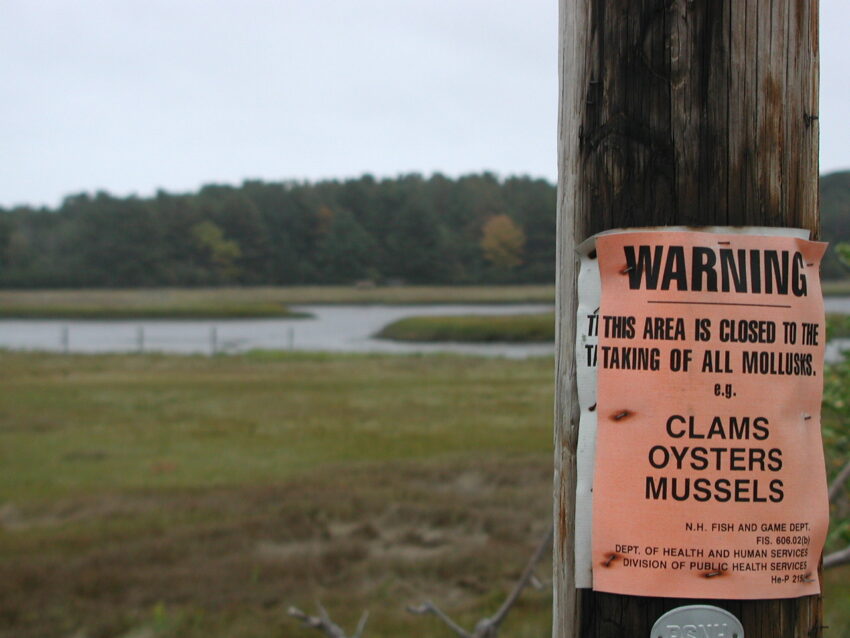The Georgia Department of Natural Resources (DNR) has announced that the state’s oyster harvesting season will officially close on Saturday, June 1, 2025, due to rising coastal water temperatures that increase the risk of bacterial contamination in raw shellfish.
The closure is a standard annual procedure enforced to reduce the risk of Vibrio bacteria, a naturally occurring microorganism that can cause serious illness when ingested through raw or undercooked oysters during the warmer months.
Closure Details
- What: Oyster harvesting in all Georgia estuarine waters will be suspended
- When: June 1 through September 30, 2025
- Where: Applies to all coastal estuarine areas of Georgia
- Why: Rising water temperatures elevate risk of Vibrio parahaemolyticus infection
Why the Closure Matters
As water temperatures exceed 81°F (27°C), Vibrio bacteria levels spike, increasing the likelihood that raw oysters may carry harmful pathogens. The bacteria are not harmful to oysters but can cause:
- Nausea, vomiting, diarrhea
- Severe illness in individuals with weakened immune systems
- Potential hospitalization in high-risk populations
The seasonal closure helps protect public health, particularly in regions where raw oyster consumption is popular during summer events and seafood festivals.
Enforcement and Monitoring
The Georgia DNR’s Coastal Resources Division (CRD) will monitor compliance and conduct shoreline inspections throughout the closed period.
Harvesting oysters during the restricted season is a violation of state regulation and may result in fines or enforcement action.
Contact Information
For questions regarding oyster harvesting restrictions or to report potential violations:
- Georgia DNR – Coastal Resources Division
Phone: (912) 264-7218
Website: coastalgadnr.org
Public Health CTA
Do you fish or harvest seafood along the Georgia coast?
Stay updated on seasonal closures and food safety advisories at coastalgadnr.org, or call the DNR Coastal Resources team for guidance.
Renee Foster covers law enforcement, crime trends, and public safety developments across Clayton County. With a background in community advocacy and reporting, she tracks police activity, neighborhood alerts, and crime prevention efforts. Her reporting is aimed at keeping residents informed, aware, and engaged with the safety of their communities.

